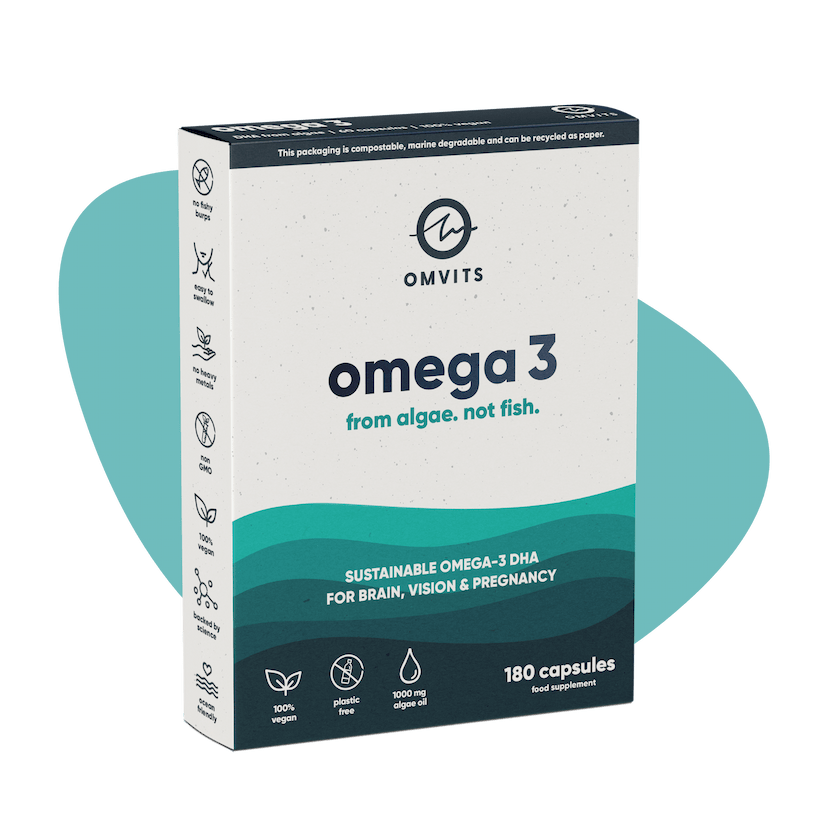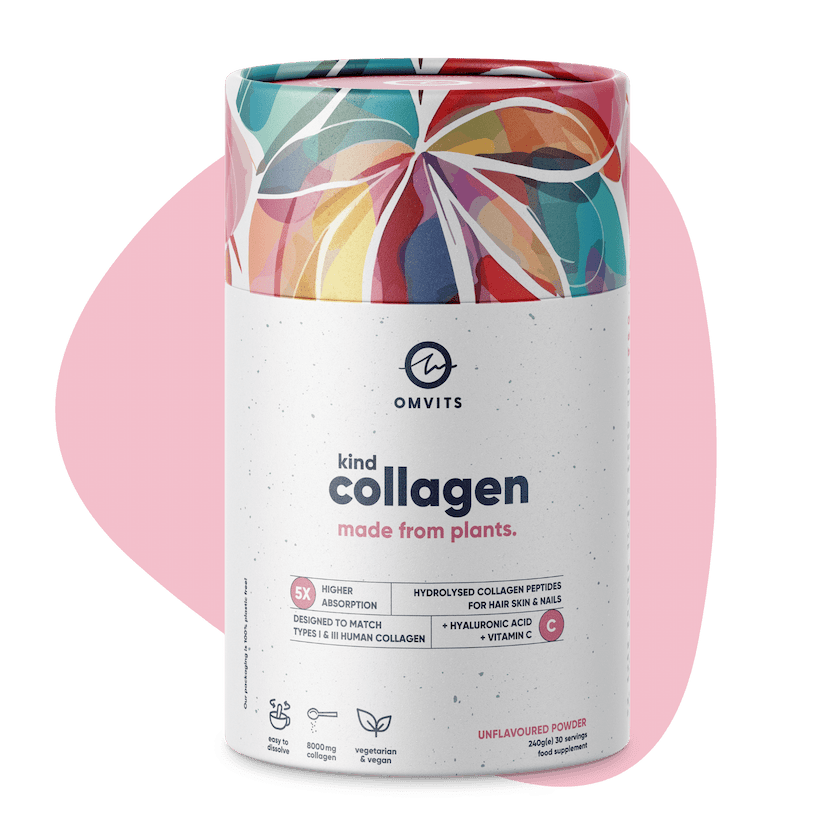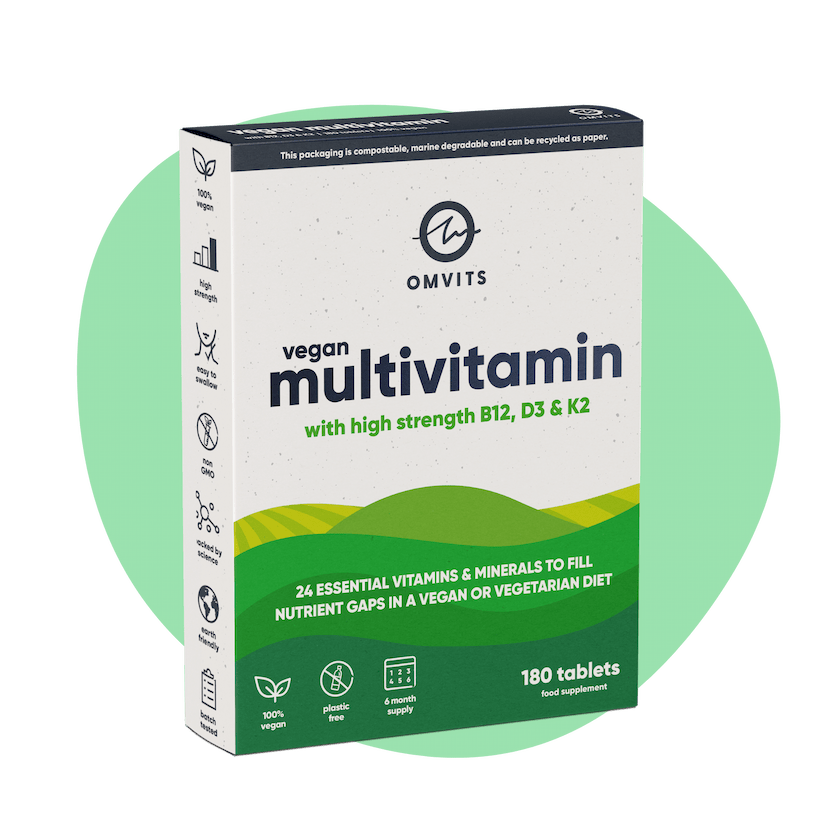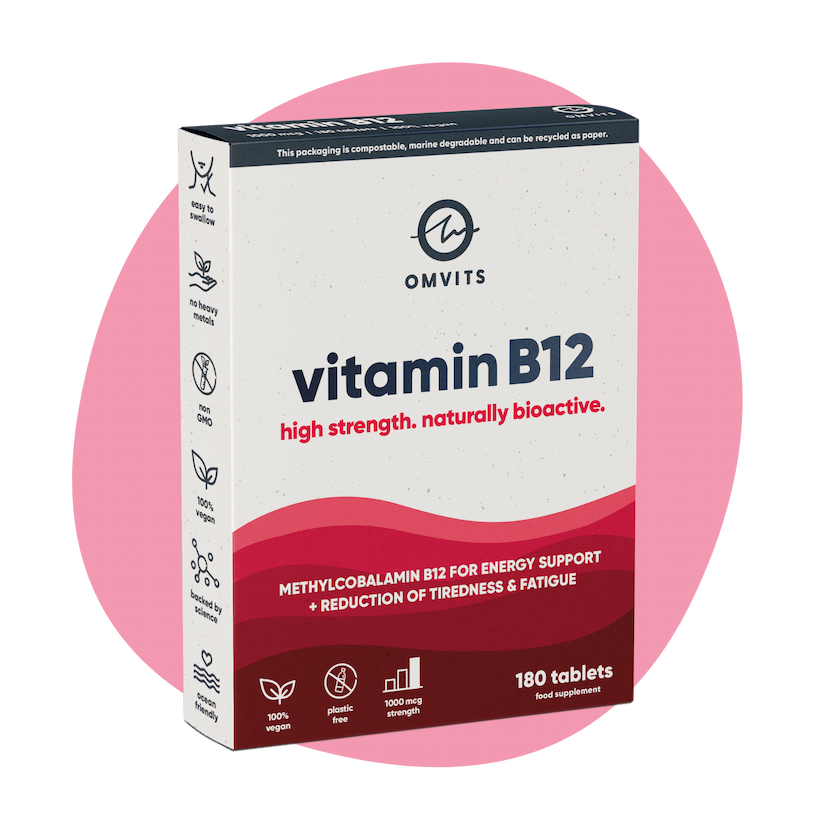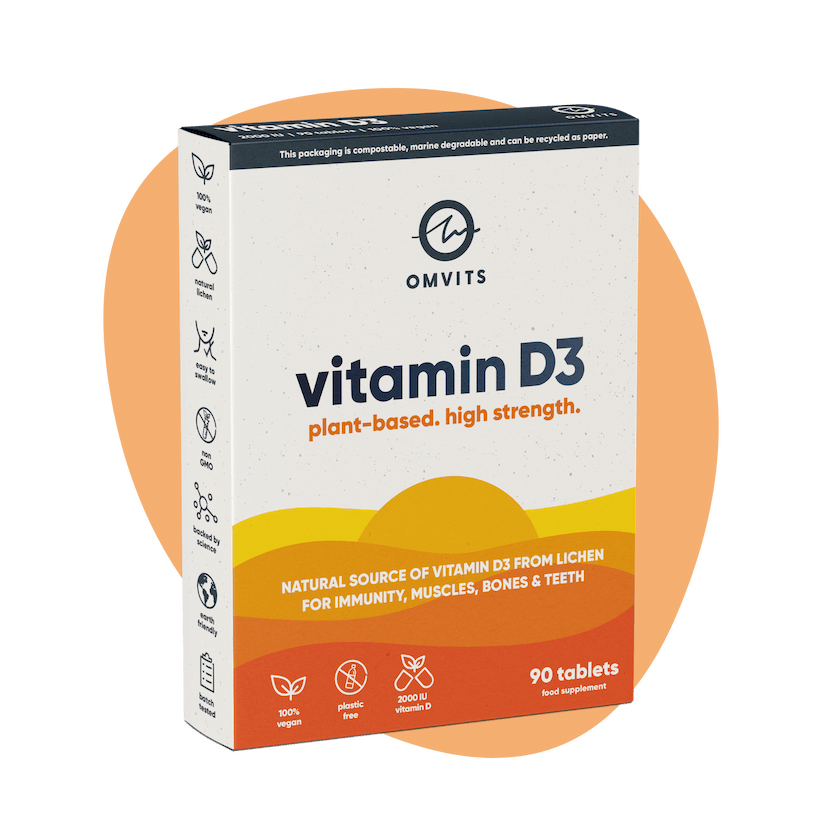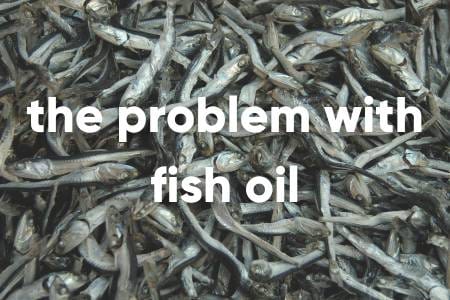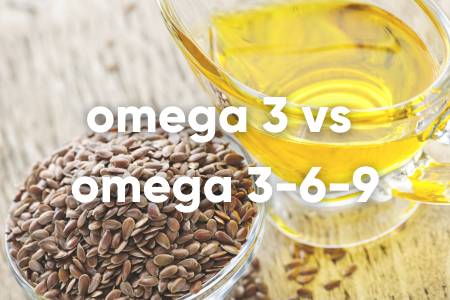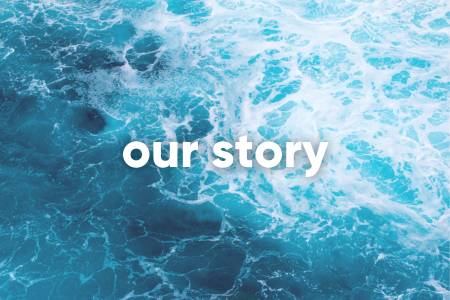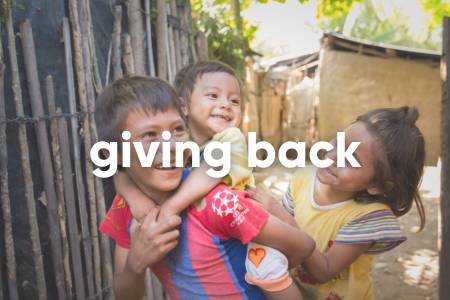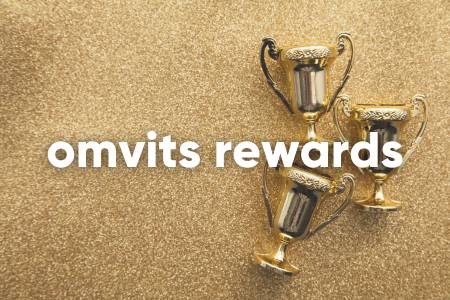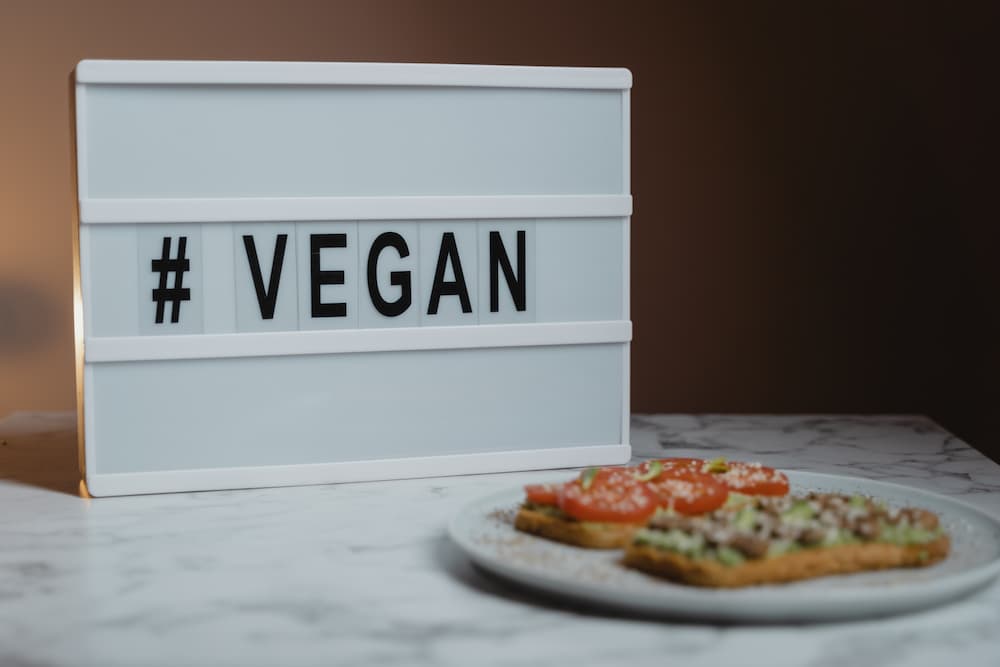FREE UK Delivery £25+
FREE UK Delivery £25+
Blog
about us
account
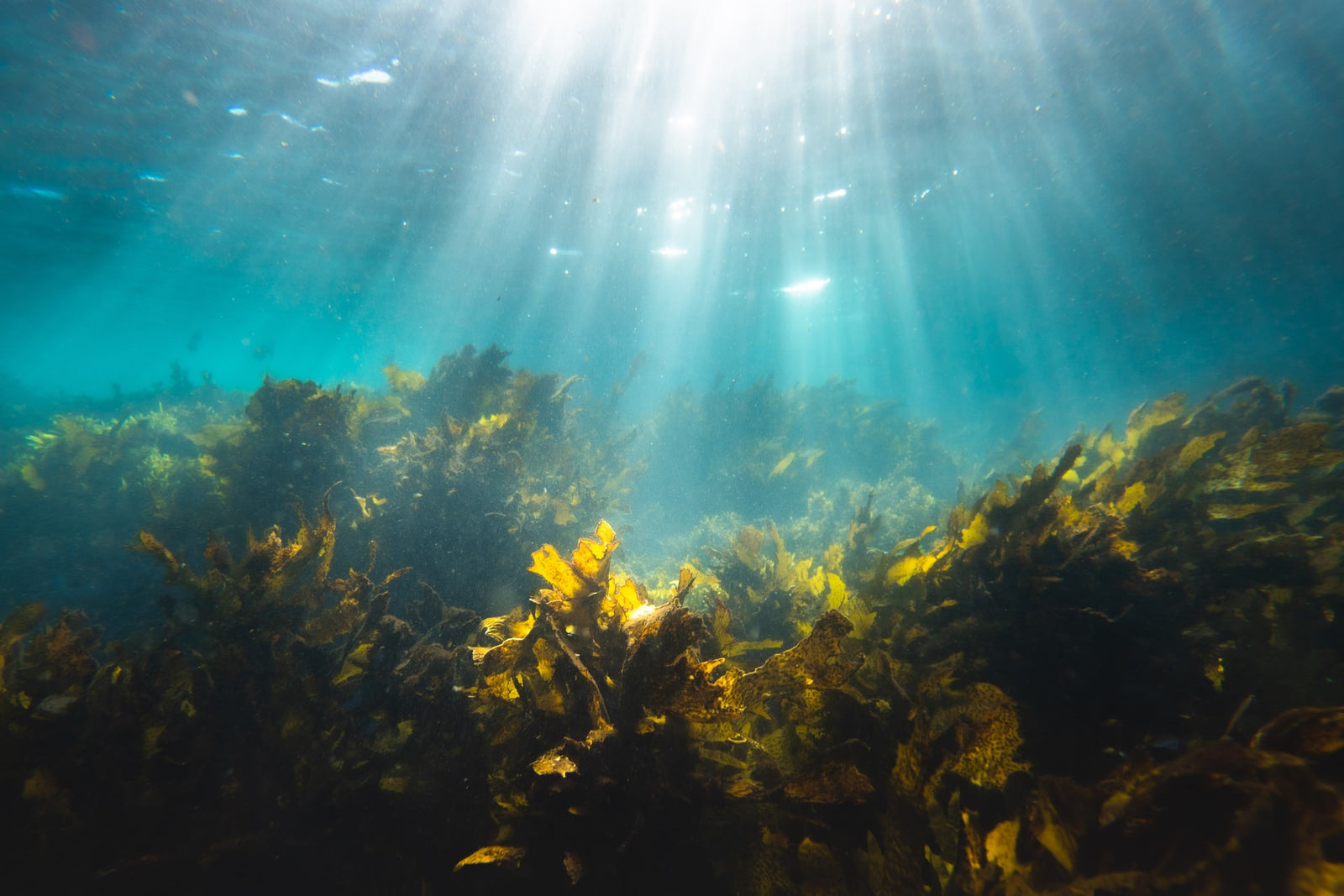
Omega-3: Algae vs Fish Oil
December 11, 2019 3 min read
Most people obtain their DHA and EPA by eating fish or seafood or taking fish oil supplements, but these options are off-limits to vegans, vegetarians or anyone that’s concerned about the environment.
Fish and seafood sources of Omega-3 are not sustainable, and they also have an enormous negative environmental impact. Not to mention the fact that they encourage animal cruelty. Luckily, there is a much more sustainable alternative - DHA and EPA Omega-3 supplements obtained from algae.
In this article, we’re going to look at how these two different sources of Omega-3 weigh up, as well as talking about the dangers associated with fish oil.
The environmental impact of fishing
The negative environmental impact of fishing is well-established in the scientific literature, with studies conducted in the UK, Hawaii and Spain all showing that fishing for salmon, tuna and other oily fish has significantly damaged the world’s marine ecosystems (1, 2, 3, 4).
Looking at these studies, we find that:
- The global fishing fleet is approximately 2-3 times larger than what the oceans can realistically support
- The world’s fishing stocks may collapse by the year 2048
- About 27% of the fish that are caught, end up being turned into fish meal or fish oil
This means that responsible and environmentally-conscious individuals really should be hunting for a more sustainable source of Omega-3.
We also know that fish and seafood can be quite harmful. Mercury and other contaminants build up in the flesh of fatty fish like tuna (5), and fish are also known to provide an overabundance of protein, which is often associated with a variety of serious health conditions (6).
As a result, many vegans, vegetarians and people who care about the environment are looking for plant-based sources of Omega-3. Unfortunately, vegetables in general are quite low in Omega-3, but there are nuts and seeds (such as flaxseed, walnuts and soya) which are known to be high in essential fatty acids.
Now on the surface, it may seem like nuts and seeds are the answer - after all, they’re rich in Omega-3. However, as we learned in this article, they aren’t a particularly good source of Omega-3, as they mainly provide ALA which does not provide many of the benefits associated with DHA or EPA.
Lucky for us, there is an alternative source of vegan Omega-3 which does contain DHA and EPA. Remember the fish we mentioned earlier? It turns out they don’t make their own Omega-3.
Instead, they obtain them from eating krill who’ve feasted on special species of micro-algae that have evolved to synthesise their own DHA. Since these species of micro-algae are plants, we can use them to create healthy, vegan DHA supplements with minimal environmental impact.
SUMMARY: Fish are the most common source of Omega-3. However the environmental impacts of the fishing industry and the risk of contamination make it a bad choice. However, DHA-rich algae can be farmed to produce clean, healthy Omega-3 with no damage to the oceans.
Algae: is it the best source of all Omega-3?

The DHA found in algae is clean, easy to digest and very bioavailable. It’s nature's original source of Omega-3!
Therefore, we strongly believe that micro-algae are the best possible source of Omega-3 fatty acids.
It’s also bundled with a number of other, beneficial compounds like the phytosterol compounds campesterol, and sitosterol, which have been shown to reduce serum cholesterol levels (7).
Algae-based supplements are also environmentally friendly, ethical and 100% sustainable, which means that you never have to worry about the long-term environmental impact of using them.
Best of all though, algae can be grown in a controlled environment, which means there’s no risk of accidental pollution from mercury, dioxins, PCBs or other pollutants commonly found in our oceans.
As you can see from the diagram below, the contaminants found in the ocean are absorbed by oceanic algae and move up the food chain as krill feast on the algae which in turn are eaten by other fish. The heavy metals and contaminants accumulate in the bodies of the larger fish which are used to make fish oil supplements.
On the other hand, farmed algae is not taken from the oceans, but grown in controlled conditions where there is no risk of contamination.
SUMMARY: Algae is the best source of Omega-3. Not only does it contain DHA and EPA (rather than ALA), but it's also 100% vegan, sustainable and contaminant free.
References
(1) http://www.parliament.scot/S5_Environment/Inquiries/20180305_GD_to_Rec_salmon_farming.pdf
(2) https://www.ncbi.nlm.nih.gov/pmc/articles/PMC5723630/
(3) https://mcbi.marine-conservation.org/publications/pub_pdfs/kaiser_1998.pdf
(4) https://onlinelibrary.wiley.com/doi/abs/10.1111/j.1365-2109.2007.01649.x
(5) https://www.ncbi.nlm.nih.gov/pmc/articles/PMC2581505/
(6) https://www.socakajak-klub.si/mma/The+China+Study.pdf/20111116065942/
Leave a comment
Comments will be approved before showing up.
Also in The Omvits Blog

The Power of Running: How a 200 Mile Run to Wales Became a Meaningful Journey for a Great Cause
May 03, 2023 3 min read
We interviewed Andrew Thomas, who was preparing for a 200-mile marathon from London to Wales to raise funds for Maggie's Cancer. Read the article to know more about his adventure!
Subscribe
Sign up to get the latest on sales, new releases and more …
Recent Articles
-
The Power of Running: How a 200 Mile Run to Wales Became a Meaningful Journey for a Great Cause
May 03, 2023
-
Sneaky Ingredients To Watch Out For If You're Vegan
January 11, 2022
-
How To Do Veganuary If You’re On A Super Tight Budget
January 11, 2022
-
How To Satisfy Meat & Fish Cravings During Veganuary
January 11, 2022
-
Common Pitfalls Of Veganuary And How To Avoid Them
January 11, 2022
-
Simple Nutrition Advice For Veganuary And Beyond
January 11, 2022
-
Best Vegan Meat Alternatives To Try This Veganuary
January 11, 2022
-
5 Ocean Friendly Clothing Brands To Check Out This Month
June 21, 2021
-
12 Incredible Ocean Conservationists To Support This June
June 16, 2021
-
How To Do Something For World Ocean Day If You Can't Get To A Beach
June 08, 2021

